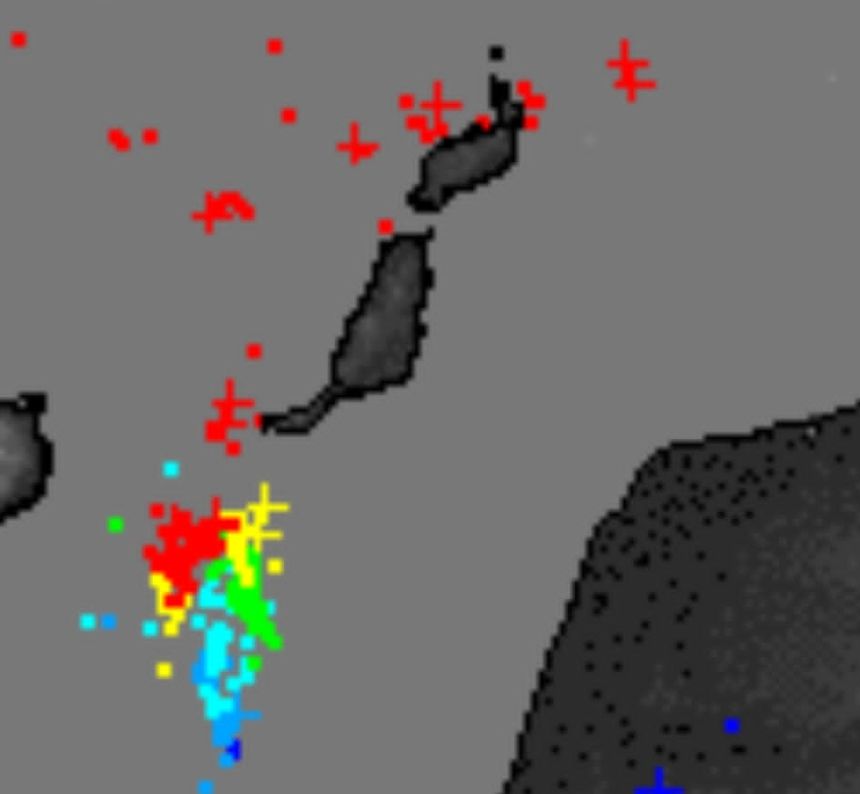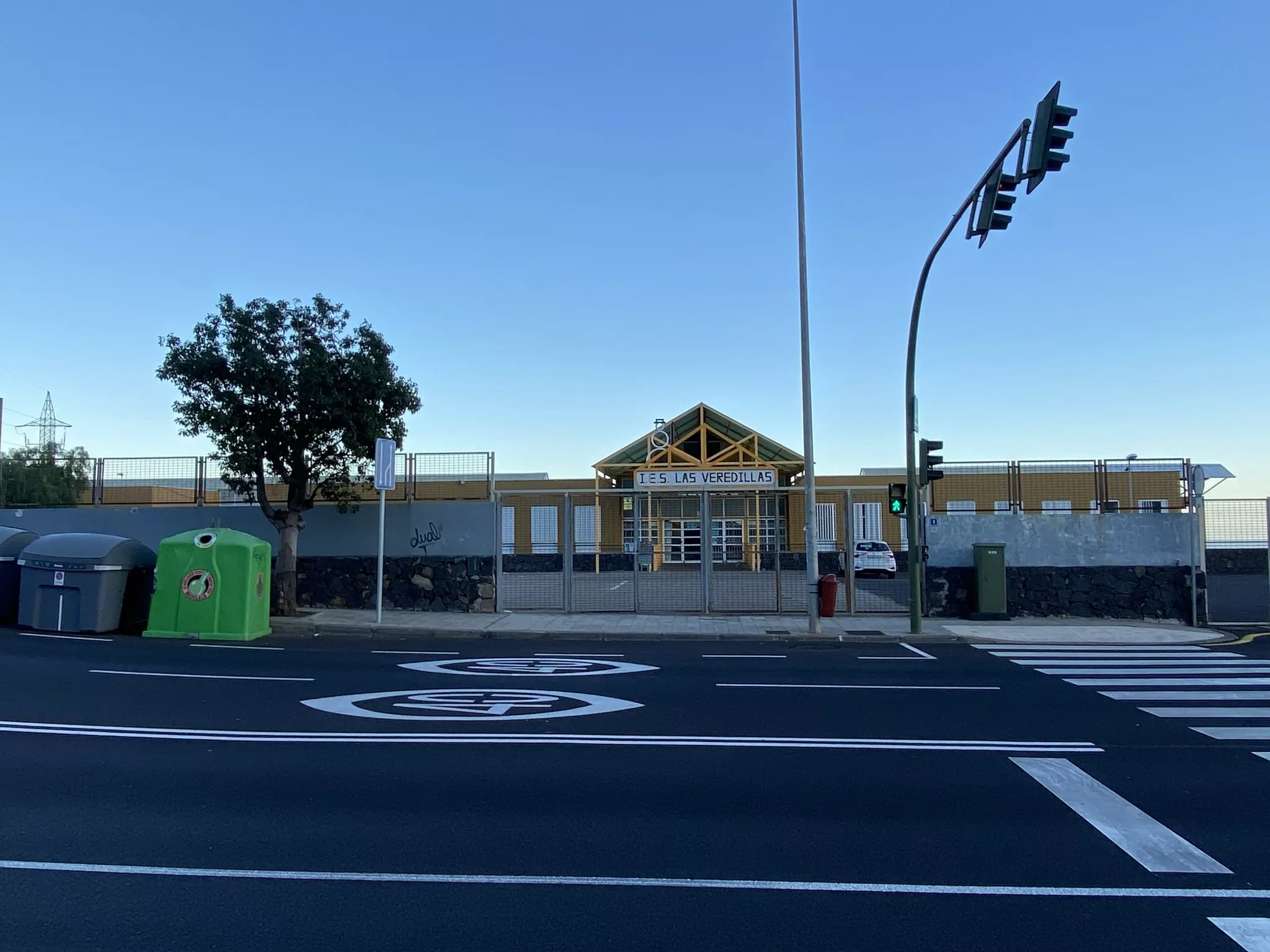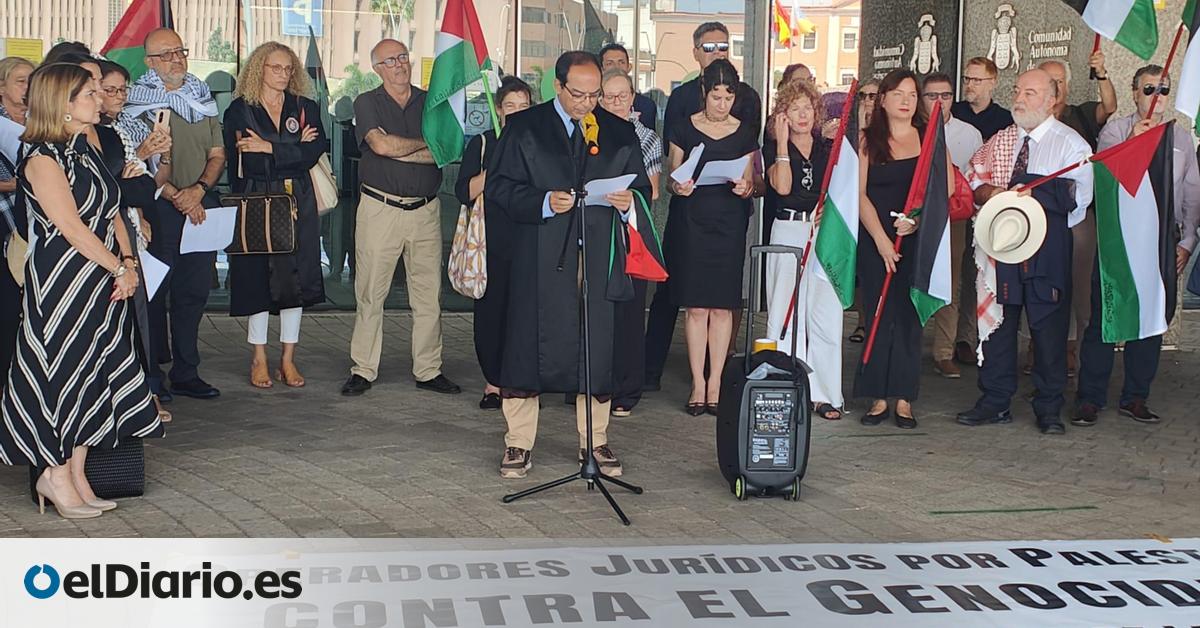Health Workers Protest for Improved Conditions in the Canary Islands

SANTA CRUZ DE TENERIFE, 16 Sep. (EUROPA PRESS) –
Workers of the Canary Health Service (SCS) staged demonstrations in Tenerife and Gran Canaria this Tuesday, calling on the Ministry of Health to continue negotiations regarding legislation that sets their working conditions. They are advocating for a “Statute for Progress” that benefits all public health personnel and their patients.
Organised by trade unions involved in the negotiations (SATSE-FSES, FSS-CCOO, UGT, CSIF, and CIG-Saúde), workers across various categories raised their voices in defence of their rights. They demanded that the new Framework Statute Law for statutory health service staff addresses essential changes to end “years of cuts, precariousness, and discrimination.”
The organising unions condemned the Ministry of Health for drafting a “incomplete, partial, and self-serving” law that fails to meet the needs of the entire public health workforce, according to a joint statement.
They also criticised Mónica García’s department for unilaterally breaking the agreed timeline for meetings aimed at advancing the improvement of this regulation.
“Now, hurriedly and through the back door, they want to take an insufficient law to Congress for political expediency,” they stated.
During the rallies, it was emphasised that there are still significant issues to agree upon to improve the working conditions of statutory personnel. Since negotiations began nearly three years ago, trade unions have consistently raised these concerns across around 40 meetings with Ministry of Health officials.
NEW PROFESSIONAL CLASSIFICATION MODEL
Specifically, the law must include the recognition of remuneration linked to the new professional classification model, acknowledging the responsibilities and educational levels now required for each category of health personnel. Additionally, they advocate for options regarding voluntary retirement, whether anticipatory or partial.
They also support the implementation of a 35-hour working week across all regions, without exception, and recognition of overlapping work hours, among other demands.
These improvements could be included in the Framework Statute Law and subsequently applied with the involvement of other ministries through necessary legislative developments or modifications, the protesters emphasised. They insisted that the Ministry of Health seeks to “pass the buck,” referring to an alleged lack of competencies and consequently shifting responsibilities to other ministries.
“The Ministry of Health is not an ‘isolated island’; it is part of a Government that can and must act,” they asserted.
At the protests, union representatives reiterated their commitment and readiness to continue negotiations to achieve “the best possible legislation,” considering it a “key” law for ensuring quality healthcare that meets the present and future needs of individuals accessing the public system.
These mobilisations mark the start of an intense and collective phase of actions by organisations present at the negotiation table.
On 1 October, workers across the nation will again protest and demand their rights outside the Ministry of Health headquarters in Madrid.














